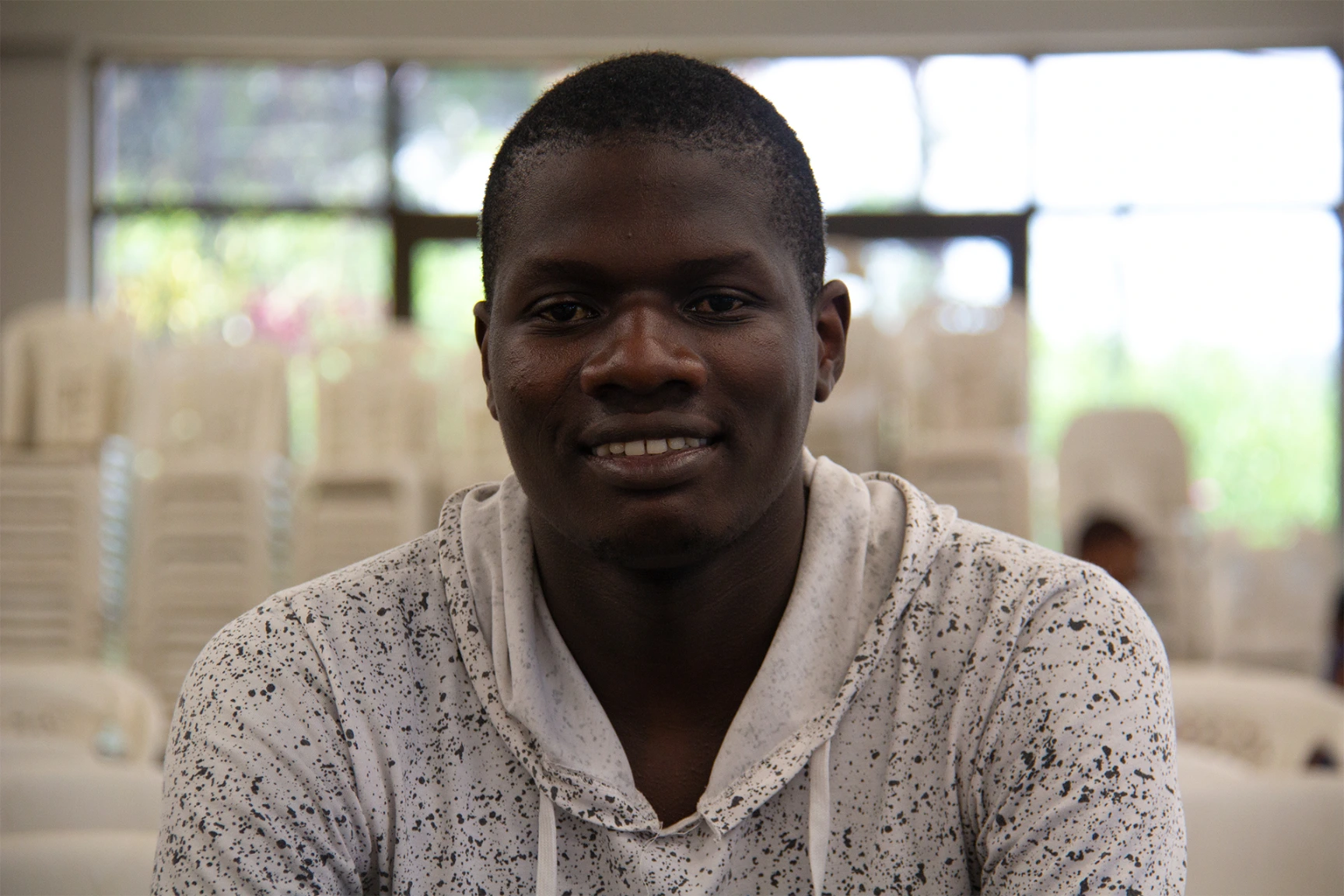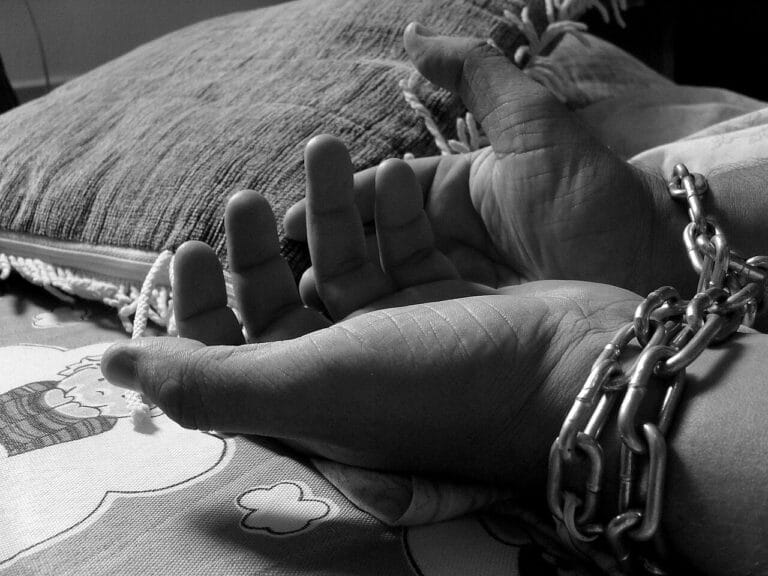The world watched as a Gaza Hostage Release and Ceasefire, and nearly two years of relentless warfare gave way to an unexpected silence. Hamas released the final group of living Israeli hostages on Monday, marking what many have called a monumental turning point in a conflict that has cost thousands of lives, displaced millions, and shattered countless families across two nations. For believers watching from around the world, this moment demands more than political analysis, it demands theological reflection.
As we witness the hostages returning home and the initial phases of a Trump-brokered peace plan unfold, we must ask ourselves: What does Scripture say about this moment? What is our responsibility as Christians? And perhaps most importantly, what does genuine peace actually look like?
When the Captives Come Home: A Biblical Echo
"The Spirit of the Lord is upon me, because he hath anointed me to preach the gospel to the poor; he hath sent me to heal the brokenhearted, to preach deliverance to the captives, and recovering of sight to the blind, to set at liberty them that are bruised." - Luke 4:18
There is something profoundly biblical about the release of captives. Throughout Scripture, the freeing of prisoners features prominently as an act of God’s mercy and a sign of His kingdom breaking into our world. When the Israelites were released from Egyptian slavery, it became the foundational story of their faith. When prisoners were released during Jesus’s earthly ministry, it symbolized spiritual liberation.
But here’s what we must understand: the mere release of hostages, as essential and praiseworthy as it is – is only the beginning. True peace is not simply the cessation of violence; it’s the establishment of justice, healing, and reconciliation.
Peace Without Justice Is Not Peace
"For to us a child is born, to us a son is given... and he will be called Wonderful Counselor, Mighty God, Everlasting Father, Prince of Peace. Of the greatness of his government and peace there will be no end." - Isaiah 9:6-7
Let’s be honest about something the world often glosses over: you cannot have genuine, lasting peace without justice. The prophet Amos declared that justice must “roll on like a river, righteousness like a never-ending stream.” This wasn’t poetic language for Amos, it was a moral imperative.
When families have lost loved ones, when entire neighborhoods have been reduced to rubble, when trauma has etched itself into the psyches of a generation, simply stopping the fighting doesn’t heal what’s been broken. A ceasefire can be a step toward peace, but peace itself requires something far deeper.
This is where many Christians fall into a troubling trap: we celebrate the end of conflict while remaining silent about the injustices that created it. We’re called to do both – to work for peace AND to work for justice. Jesus wasn’t killed because He preached peace alone; He was crucified because He demanded justice for the oppressed and challenged the systems that perpetuated suffering.
The Captors and the Captives: Whose Responsibility?
"If anyone has material possessions and sees a brother or sister in need but has no pity on them, how can the love of God be in that person?" - 1 John 3:17
One thing that should deeply concern every believer is how we approach the moral complexity of this conflict. There’s a temptation in Christian circles to take absolute sides, to claim one group is entirely good and the other entirely evil. But Scripture warns us against such simplicity.
Yes, hostages should be released. Taking innocent people captive is a grave moral evil. Full stop. There is no justification, no political framing that makes kidnapping and holding civilians acceptable. Those who took hostages bear moral responsibility for that action, and their release is a matter of basic human dignity.
But, and this is crucial – the existence of hostages does not erase the suffering of Palestinians. The trauma of October 7 does not justify indiscriminate attacks on civilians. The desire for security does not sanctify the displacement of entire populations. Justice requires us to hold all parties accountable to the same moral standard.
This is what the Bible calls wisdom, the ability to see complexity while holding fast to core moral principles. It’s the ability to say, “This was wrong AND that was wrong” without needing to construct a hierarchy of wrongs that allows us to excuse one side’s transgressions.
On Being Peacemakers (Not Peace-Liars)
"Blessed are the peacemakers, for they will be called children of God." - Matthew 5:9
Jesus made a stunning promise: peacemakers would be called God’s children. But notice what He didn’t say. He didn’t bless “peacekeepers” or “people who avoid conflict.” He blessed peacemakers—people who actively work toward reconciliation, justice, and the healing of broken relationships.
A true peacemaker does three things:
First, they speak truth. They don’t minimize suffering or pretend atrocities didn’t happen because it’s politically expedient. They acknowledge the pain on all sides, even when that acknowledgment is uncomfortable or unpopular.
Second, they work toward justice. Peacemakers understand that genuine peace cannot exist while injustice remains unaddressed. This might mean holding government leaders accountable. It might mean demanding investigations into war crimes. It might mean insisting that displaced peoples have the right to return to their homes or receive reparations. Justice and peace are not opposites; they’re partners.
Third, they refuse to dehumanise. This is perhaps the hardest requirement. Even as we hold people accountable for their actions, we must remember that they are image-bearers of God. Palestinians, Israelis, Hamas fighters, Israeli soldiers, hostages, displaced familie – all are people for whom Christ died. All deserve to be treated with dignity.
The Role of Believers in This Moment
Here’s where I want to challenge every Christian reading this: What are you actually doing about this?
Are you:
- Praying for the hostages and their families?
- Interceding for the displaced Palestinians?
- Supporting organizations that provide humanitarian aid without political strings?
- Speaking up against injustice regardless of which side commits it?
- Educating yourself on the actual history and complexity of this conflict?
- Supporting legitimate peacebuilding efforts?
- Refusing to dehumanize any group, even those your political tribe tells you to hate?
- Holding your own leaders and governments accountable for their role in this conflict?
Or are you simply choosing a political side and using Christianity to justify it?
Because here’s the truth: the ceasefire doesn’t require much of us as believers. It requires political negotiations and military calculations. But genuine peacemaking? That requires something far harder. It requires that we lay down our tribal affiliations, our desire to be right, and our fear of the “other,” and embrace the costly calling to seek justice and pursue peace.
What Hope Looks Like in This Moment
"Therefore, as God's chosen people, holy and dearly loved, clothe yourselves with compassion, kindness, humility, gentleness and patience. Bear with each other and forgive one another if any of you has a grievance against someone. Forgive as the Lord forgave you. And over all these virtues put on love, which binds them all together in perfect unity." - Colossians 3:12-14
I refuse to be so naive as to believe that a ceasefire automatically leads to permanent peace. History shows us otherwise. Ceasefires are fragile things. They can shatter if tensions reignite or if the underlying injustices aren’t addressed.
But I also refuse to be so cynical as to believe that change is impossible. Throughout Scripture, we see examples of seemingly impossible reconciliations. David and Saul found moments of understanding. Enemies became allies. People who had every reason to hate each other chose forgiveness instead.
Hope in this moment isn’t hope that everything will magically be resolved. Hope is the belief that God is still working, still moving, still calling His people to be agents of redemption in a broken world. Hope is the conviction that justice and mercy can coexist, that truth and compassion can walk together, that peace born from genuine justice is possible – even if it takes years to achieve.
A Call to Believers
As Christians, our citizenship is in the kingdom of God, not in any earthly nation. This means we have a responsibility that transcends political borders and national interests. We are called to:
- Seek truth above political convenience
- Pursue justice for all people, regardless of ethnicity or religion
- Demand accountability from our own leaders and governments
- Extend mercy to our enemies while maintaining moral clarity
- Work toward reconciliation through practical action, not just words
- Refuse hatred even when hatred seems justified
- Remember that every person is made in God’s image, even—and especially—those who have done great harm
A Prayer for Gaza, Israel, and All of Us
The Gaza hostage release and ceasefire has begun. The hostages are coming home. But the real work of peacemaking is just starting.
As believers, we’re called to pray, not perfunctory prayers, but intercession that costs us something. We’re called to stand with those who are suffering, whether they’re Jewish, Palestinian, Christian, Muslim, or none of the above. We’re called to be prophetic voices demanding justice while extending grace.
This is our moment. This is our calling. Not to choose sides, but to choose righteousness. Not to pick winners and losers, but to stand with the voiceless and vulnerable.
The question isn’t whether you’re pro-Israel or pro-Palestine. The question is: Are you pro-God’s kingdom? Are you working toward the day when every captive is free, every displaced person finds home, every victim finds healing, and every perpetrator finds accountability and redemption?
That’s the peace Christ came to establish. That’s the peace we’re called to build.
"I have told you these things, so that in me you may have peace. In this world you will have trouble. But take heart! I have overcome the world." - John 16:33
What are your thoughts on this ceasefire? How do you see the church’s role in peacemaking? Share in the comments, I’d love to hear from you.

John Thole is the voice behind Beyond Salvation, a blog that captures the highs and lows of life through faith, laughter, and honest reflection. With a passion for storytelling, technology, and spiritual growth, he creates content that resonates with seekers, believers, and anyone navigating life’s journey. Whether sharing personal insights, devotionals, or thought-provoking discussions, John aims to inspire, uplift, and spark meaningful conversations.


